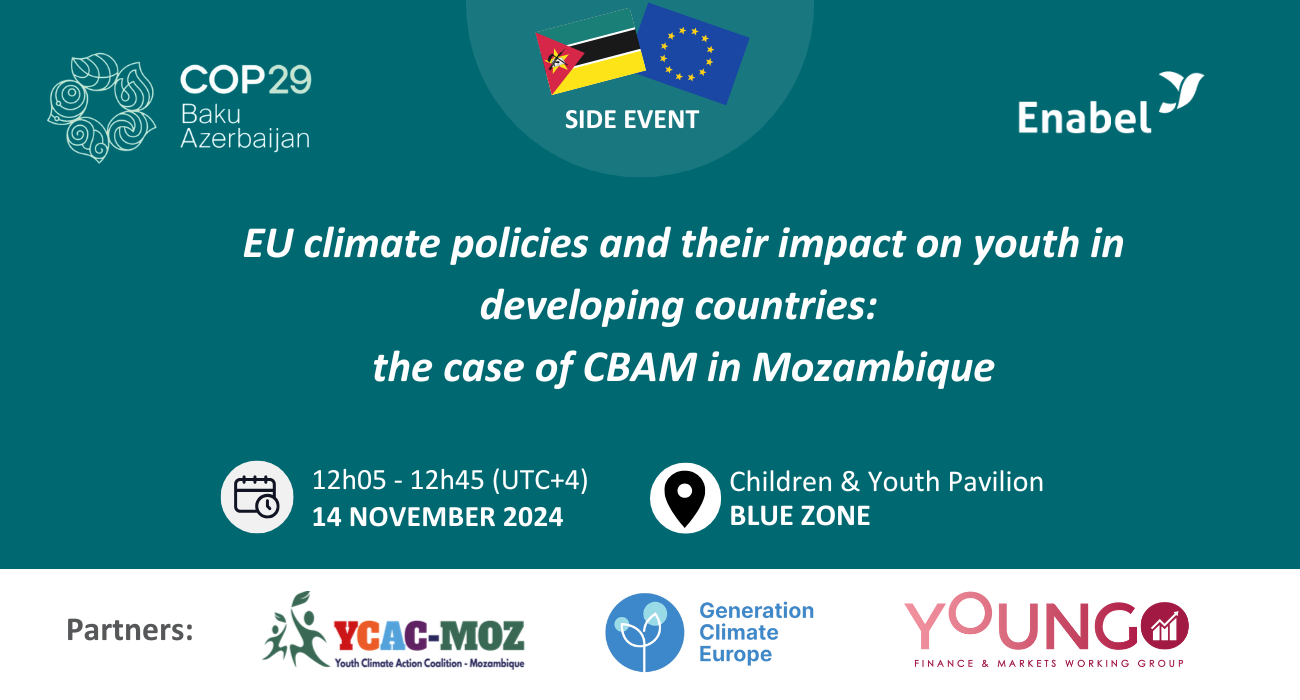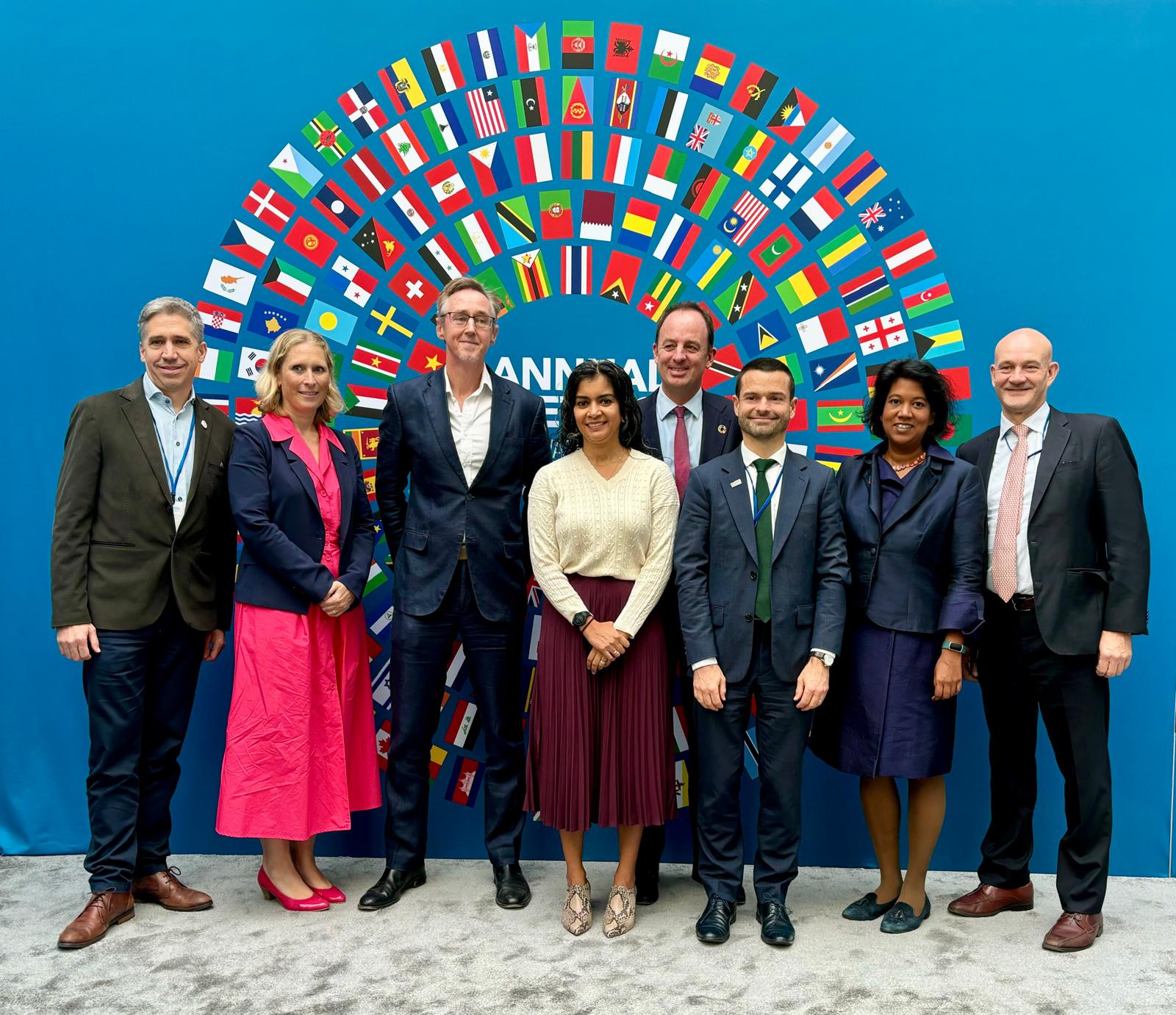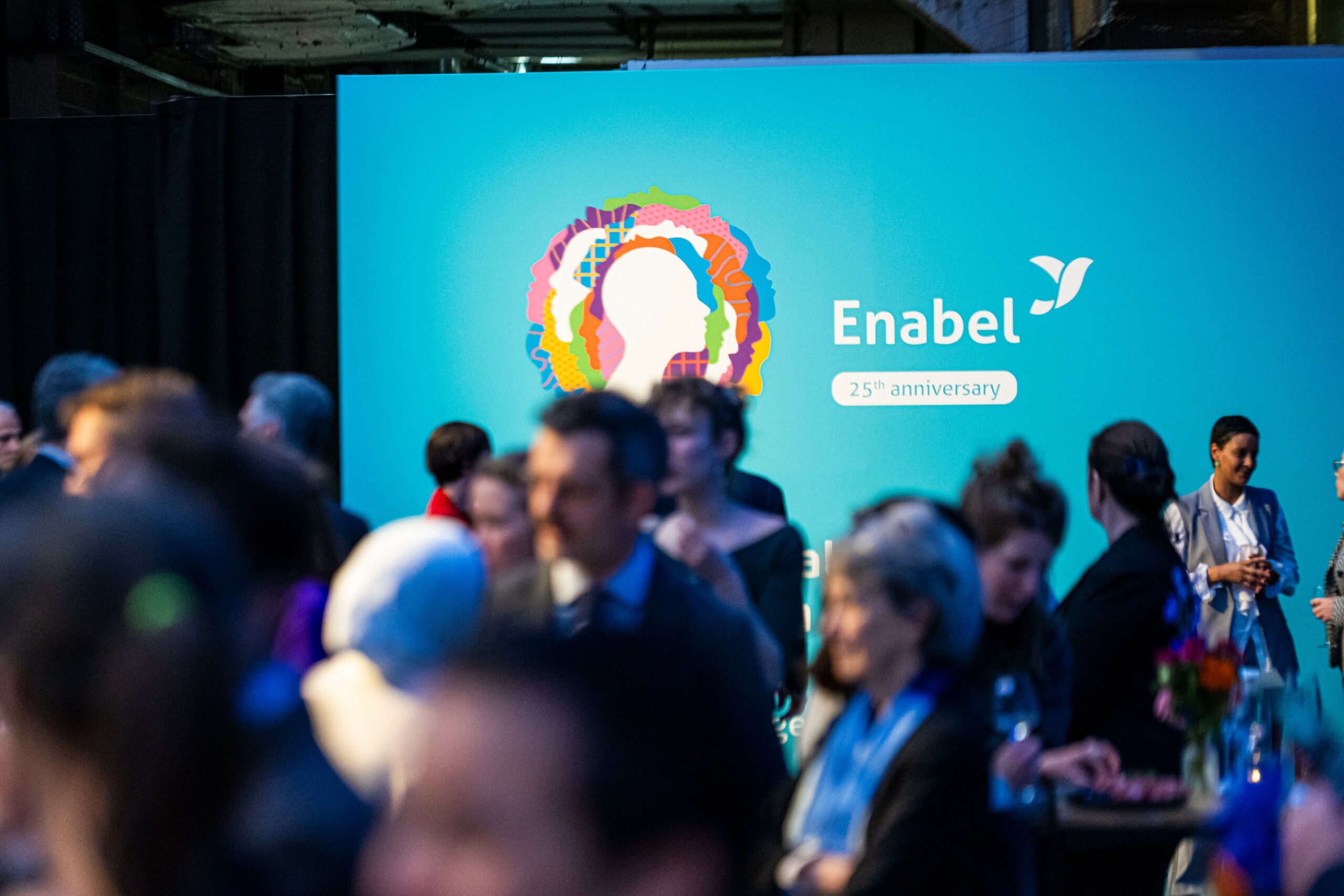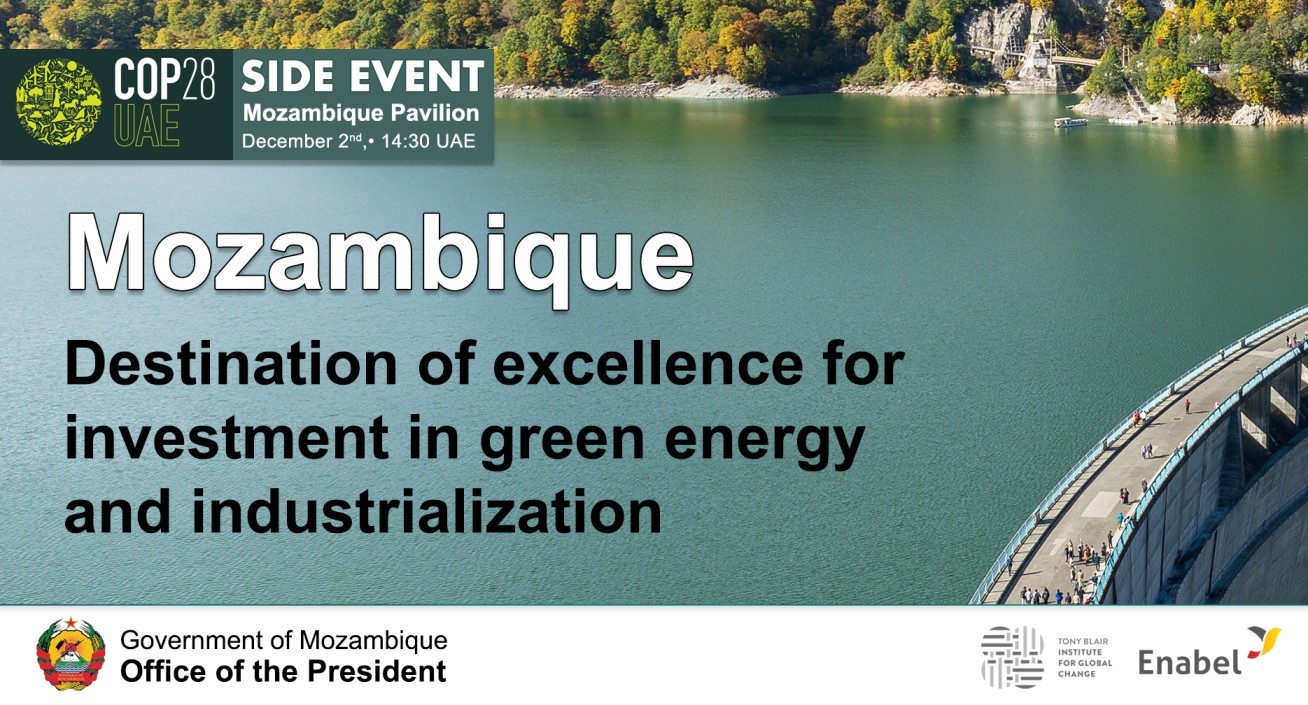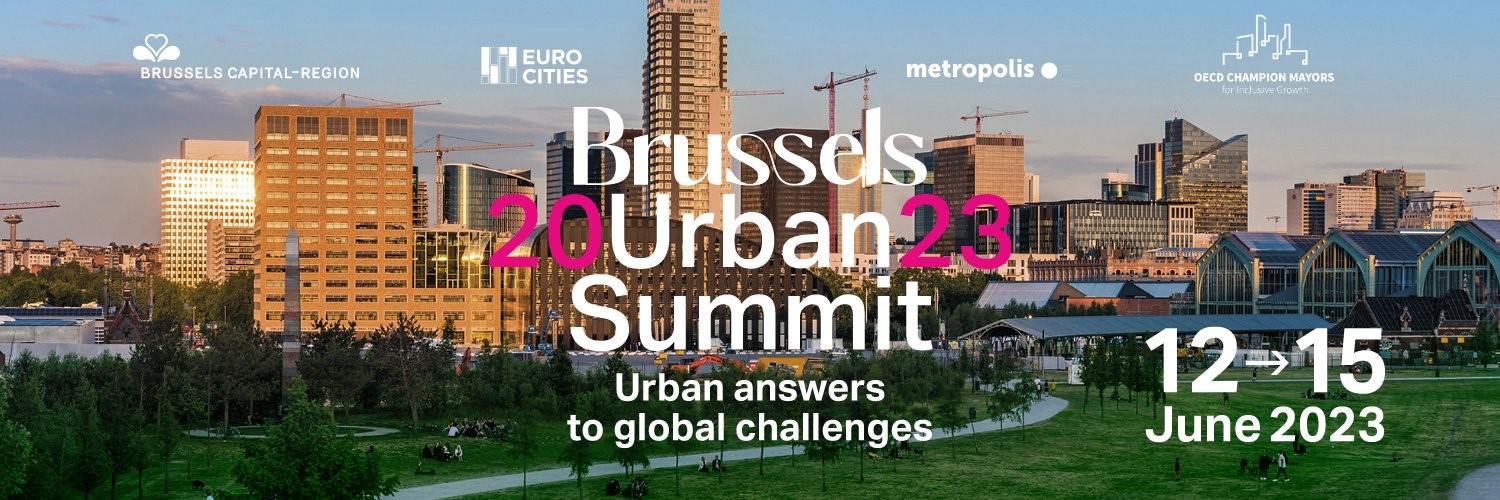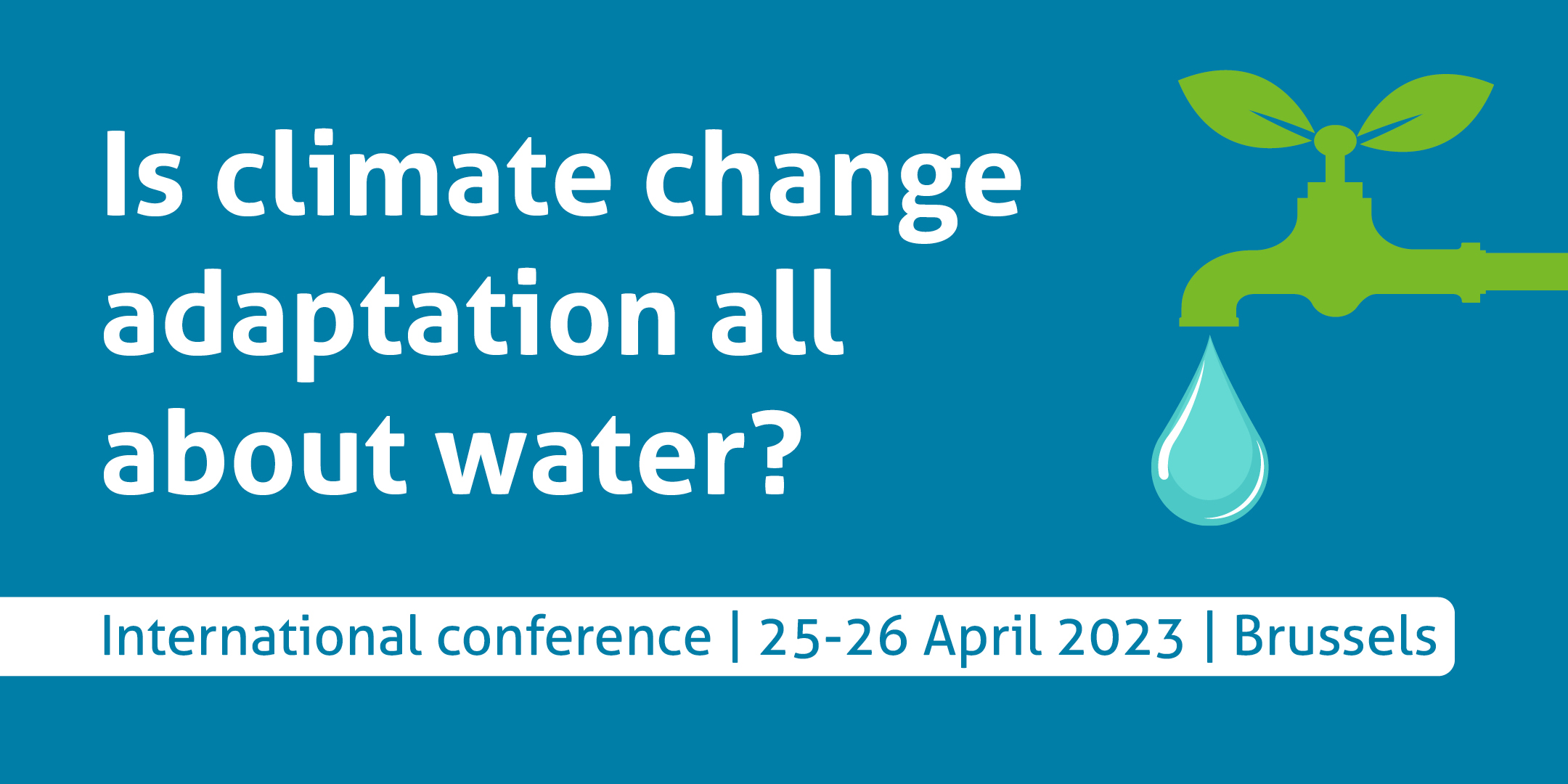Events
13 June 2023
Enabel is at the Brussels Urban Summit
Urban answers to global challenges

On 13 June 2023, Enabel and its partners VVSG, Brulocalis and Echos Communication are organising a workshop ‘Engaging citizens within cities in transition’ as part of the Brussels Urban Summit.
The workshop will showcase projects from Rwanda, Palestine and Morocco that foster bottom-up approaches for sustainable urban transitions. It also aims to provide diverse perspectives from institutions and practitioners who are involved in participatory urban design and development in the Global South.
Urbanisation is one of the five global challenges that Enabel has identified in its 2030 impact strategy, along with climate change, inequalities, peace and security, and human mobility. Historically, Belgian international cooperation was mainly focused on rural development. But as the world is changing, as cities are growing and the rural world is urbanising, the linkage between cities and their hinterland is becoming stronger every day.
Enabel’s urbanisation strategy is aimed at building collaborative, resilient, green and circular cities and promoting safe and cohesive environments. The urban transition also implies a new mode of collaborative governance, where cities are co-created by public authorities, the private sector and civil society with a human-centered focus. The workshop discusses different approaches to involve and engage citizens in shaping the cities of tomorrow.
In Rwanda, Enabel and the Urban Economic Development Initiative (UEDI) are working to promote inclusive urban development in the districts of Rubavu, Musanze and Rwamagana. “Citizens have to be at the heart of decision-making,” says Project Manager Matias Piani. “Their input is necessary to identify priorities and to facilitate communication and planning. For instance, we are promoting the use of local building material for different obvious reasons, and we are using and introducing art in public spaces to mobilise the communities.”
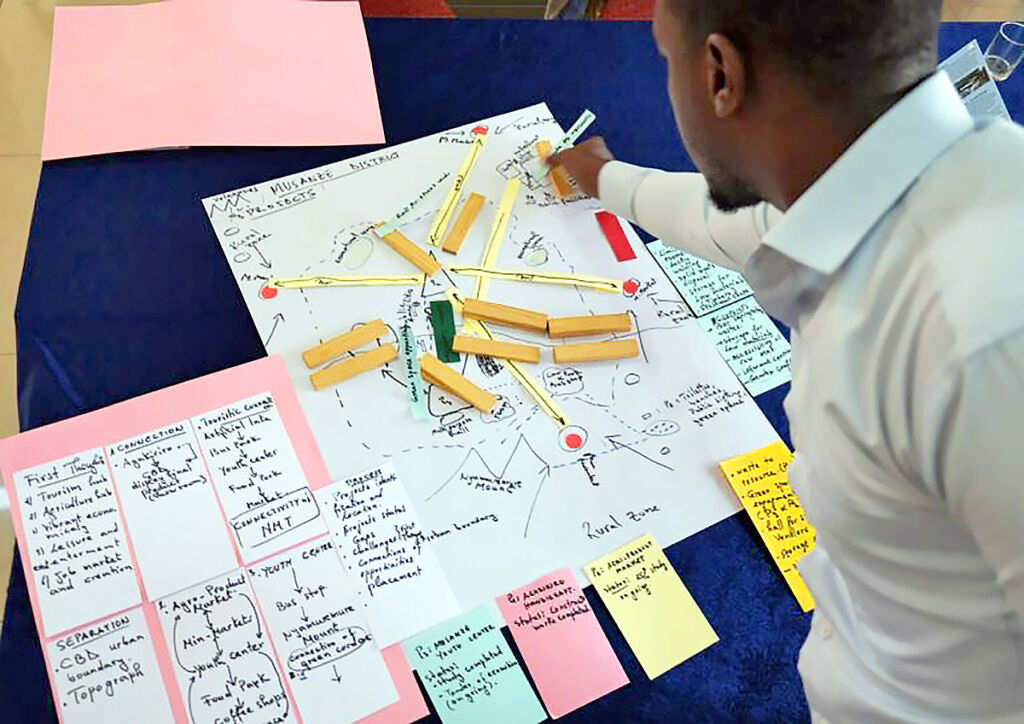
In Palestine, the political context has an impact on how the urban space is developed. It puts pressure on resources and it has an incidence on the availability and ownership of the public space. That is why a community-based approach is seen as a solid and qualitative solution for urban fragmentation.
“ The construction of public spaces is nearly absent in our cities,” says Enabel’s Project Manager Shadi Saleh. “In terms of climate adaptation we are mostly concerned with the environmental dimension of public spaces. Trees can work as sinkers of CO2. But in Gaza, the people are more concerned with the social dimension of public space. Women, youth and children need access to clean and safe spaces to breath, hangout and play. So, the question is, how can we produce public spaces that are socially successful to make sure they will be well maintained?”
The world is becoming more and more urban. By 2050, 70% of the world population will live in cities. This global trend concerns both the rise of megacities and the spread of small and medium-sized cities. 75% of the world population is living in urban settlements of fewer than 500.000 people. Cities are also growing younger, with an estimated 60% of urban populations under the age of 18 by 2030.
“Urbanisation is indeed a global challenge. The demographics are very clear about it. International meetings such as the Brussels Urban Summit are essential platforms where decision-makers and experts from all over the world can exchange experiences. Cities around the globe are facing similar challenges, such as climate change and inequalities, but not all are efficiently equipped to address these problems,” says Caroline Gennez, Belgian Minister for Development Cooperation and Major Cities.
The Brussels Urban Summit (BUS) is an initiative of Brussels Capital Region, Eurocities, Metropolis and the OECD Champion Mayors for Inclusive Growth Initiative. It gathers over 300 cities worldwide and more than 1000 politicians, experts and representatives of civil society to exchange ideas and set the priorities for sustainable, affordable, and liveable cities. The summit offers a unique opportunity to engage in a strategic global dialogue to help define our common urban future.
